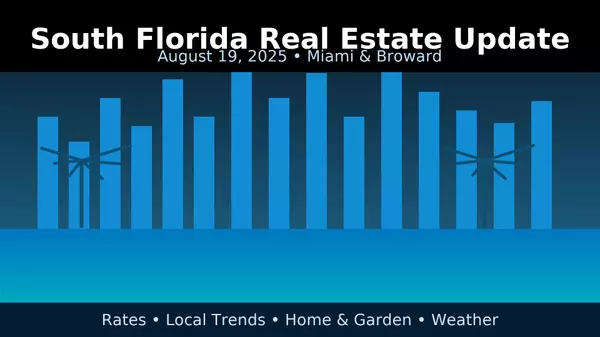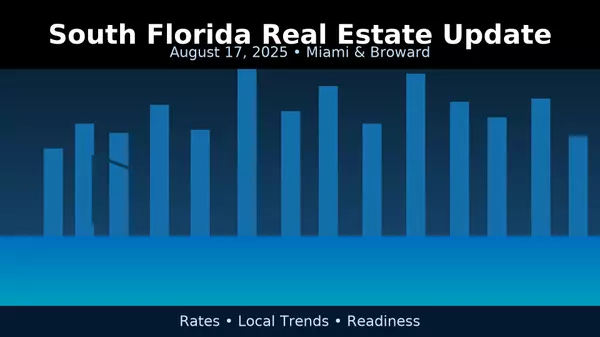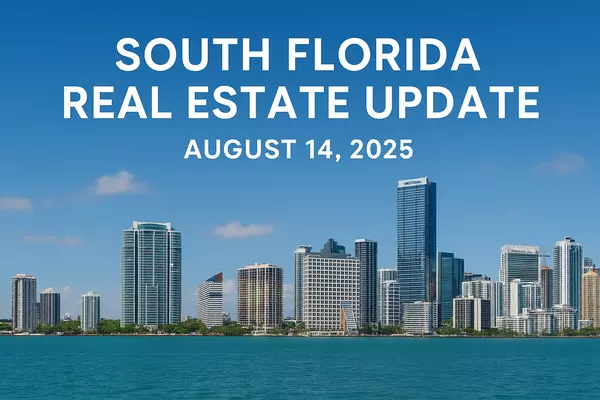Thinking Of Buying A Home? Here's What You Need To Do To Get Prepared

What You Need to Do to Get Ready to Buy a House
Buying a home is one of the most exciting and significant decisions you can make. Whether it’s your first time or you’ve been through the process before, preparation is key to ensuring a smooth experience. Here's a step-by-step guide on what you need to do to get ready to buy a house:
1. Assess Your Financial Health
Before you begin house hunting, take a close look at your finances. Here’s what to review:
-
Credit Score: Your credit score will play a major role in determining your mortgage interest rate and loan approval. Most lenders prefer a credit score of 620 or higher, though you can still qualify for an FHA loan with a score as low as 580. If your score needs improvement, work on paying down debts and avoiding new credit inquiries.
-
Savings: You’ll need money for a down payment and closing costs. While FHA loans allow you to put as little as 3.5% down, conventional loans usually require 10-20%. Additionally, closing costs typically range from 2-5% of the home’s price. Make sure you have enough saved for these costs.
-
Debt-to-Income Ratio (DTI): Lenders will look at how much debt you have relative to your income. Generally, they prefer your DTI ratio (the percentage of your income that goes to paying debts) to be below 43%, though FHA loans are more flexible.
2. Organize Your Documentation
When applying for a mortgage, lenders will ask for detailed financial documents. To speed up the approval process, gather these ahead of time:
- Tax Returns: Usually, you’ll need the last two years of tax returns.
- Pay Stubs: Have your recent pay stubs handy to prove your income.
- Bank Statements: Lenders will want to see your bank accounts for the last few months to confirm your assets and savings.
- Other Financial Statements: If you have investments or other sources of income, be prepared to provide documentation.
3. Determine Your Budget
It's crucial to know how much house you can afford before you start shopping. Here's how you can do that:
-
Calculate Your Monthly Payment: Make sure your mortgage payment will fit into your monthly budget. Don’t forget to include property taxes, insurance, and HOA fees, if applicable.
-
Factor in Additional Costs: Aside from the mortgage, homeownership comes with ongoing expenses like maintenance, repairs, and utilities. Make sure to leave room in your budget for these additional costs.
4. Get Pre-Approved for a Mortgage
Once your finances are in order, the next step is getting pre-approved for a mortgage. This is an important step because:
- It Gives You a Clear Budget: A pre-approval tells you exactly how much you can borrow, which helps you focus on homes in your price range.
- It Strengthens Your Offer: Sellers are more likely to take you seriously if you have a pre-approval, as it shows you’re financially ready to buy.
When you get pre-approved, the lender will review your financial documents and provide you with a letter showing how much you can borrow and under what terms. Shop around for different lenders to compare rates and terms.
5. Research Neighborhoods
It’s essential to know where you want to live and what’s most important to you in a neighborhood. Consider factors like:
- Commute Time: How far is it from work, school, or other important places?
- Schools: If you have children or plan to, research the local school districts.
- Amenities: What amenities, such as parks, restaurants, or shopping centers, are nearby?
Once you’ve narrowed down your preferred areas, start exploring homes that fit your budget and lifestyle.
6. Work with a Real Estate Agent
A real estate agent can be a valuable partner in your home search. They’ll help you:
- Find Listings: Agents often have access to listings that haven’t hit the public market yet.
- Negotiate Offers: They’ll help you make competitive offers and negotiate the best price and terms for your new home.
- Navigate the Process: From the initial search to the final closing, an experienced agent will guide you through every step of the process.
7. Prepare for the Closing Process
Once you’ve found your home and your offer has been accepted, you’ll enter the closing process. Here’s what to expect:
- Home Inspection: You’ll have a chance to inspect the home to make sure it’s in good condition.
- Appraisal: The lender will arrange for an appraisal to confirm the home’s value.
- Finalizing the Loan: The lender will review your documents one last time before final approval.
- Closing Costs: Be prepared to pay closing costs, which typically include fees for the lender, title insurance, and other services.
8. Stay Flexible and Patient
The home buying process can take time, especially in competitive markets. Be prepared for potential delays or obstacles, and don’t rush into making a decision. If a deal falls through or you can’t find the right property right away, stay patient. The right home will come along!
Conclusion
Buying a home is a significant financial commitment, but with the right preparation, it can be a smooth and rewarding process. By assessing your finances, getting pre-approved, and working with the right professionals, you’ll be in a strong position to find and secure your dream home. When you’re ready to take the next step, reach out to a trusted real estate agent who can guide you through the process.
If you’re ready to start your home-buying journey, feel free to contact me, William Gartin, at 305-842-6097. Let’s work together to find the perfect home for you!
Categories
Recent Posts










